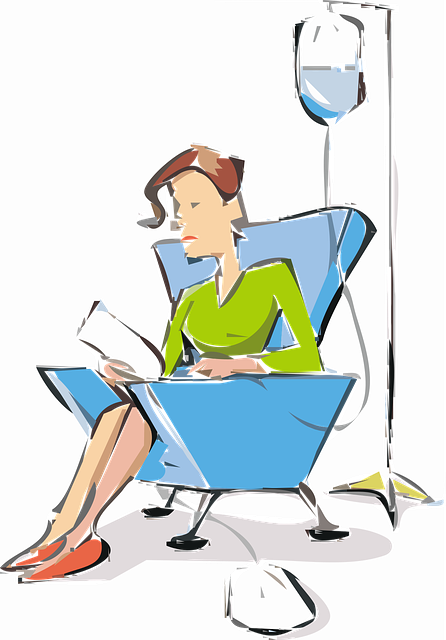Chemotherapy is a medical treatment that uses powerful chemicals to kill the rapid growth of cells in your body.
Chemotherapy is often used to treat cancer because cancer cells grow faster and multiply than most cells in the body.
There are many different chemotherapeutic drugs available. Chemotherapeutic drugs can be used alone or in combination to treat many different types of cancer.
Although chemotherapy is an effective way to treat many types of cancer, chemotherapy also has risky side effects. Some side effects of chemotherapy are mild and treatable, while others can cause serious complications.
Why does chemotherapy have side effects?
Chemotherapy works by targeting active cells. Active cells are cells that grow and divide as part of the normal cell cycle. Cancer cells and healthy cells are active cells that go through the cell cycle.
Cancer cells usually grow faster than normal healthy cells, which means that it is easier for chemotherapy to attack cancer cells.
But other normal cells are also damaged by chemotherapy. These include cells in the blood, mouth, digestive system, and hair follicles.
Side effects occur when chemotherapy damages these healthy cells.
For example, you may lose your hair or feel sick and be sick (vomiting). For most types of chemotherapy, the side effects do not reflect how good the treatment is.
What are the common side effects associated with chemotherapy?
Most people are concerned about whether they have the side effects of chemotherapy, and if so, what they are. Here are some of the most common side effects caused by chemotherapy:
- Low energy and exhaustion
- Hair fall
- Nausea and vomiting
- Easy to get wounded and bleeding
- Changes in appetite
- Constipation
- Fatigue
- Infections
- Diarrhea
- Problems with the mouth, tongue, and throat, such as wounds and pain when swallowing
- Numbness, thoughts, and pain develops due to peripheral neuropathy or other nervous problems
- Skin dryness and nail discoloration
- Urinary bladder and kidney health issues that impact urine output
- Weight loss
- Anemia
- Brain fogging that interferes with concentration and mental attention
- Mood swings
- Alteration of libido and sexual function
- Fertility issues
Are some side effects of chemotherapy long-lasting?
Most side effects disappear after stopping the chemotherapy.
However, some remained or returned or evolved later.
For example, some forms of chemotherapy can cause permanent damage to the heart, lungs, liver, kidneys, or reproductive system.
And some people have trouble thinking, concentrating, and remembering for months or years after treatment. Cancer survivors have a higher risk of secondary cancers later in life.
Children with chemotherapy are at risk for specific side effects that occur months or years after treatment.
Long-term side effects or late developing side effects
Chemotherapeutic drugs can also cause side effects that do not appear until months or years after treatment. Later side effects vary depending on the chemotherapy, but may include:
- Lung tissue damage
- Cardiac problems
- Infertility
- Renal trouble
- Peripheral neuropathy or nerve damage
- Risk of secondary cancer
Ask your doctor if you have any side effects.
Asking what signs and symptoms to look out for can signal a problem.
Follow-up care after chemotherapy
Care about cancer treatment is important.
Your healthcare team can help you manage the long-term effects and look for side effects.
This is called aftercare.
Your follow-up care may include regular physical examinations, diagnostic tests, or both.

